404 - Page Not Found
The page you are looking for might have been removed, had it's name changed, or is temporarily unavailable.
©2026 Schürer Music Education UG (haftungsbeschränkt). All Rights Reserved
| Terms & Conditions | Contact & Privacy Policy |
